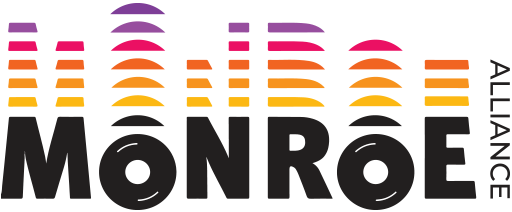IMDEA Networks Institute is one of the 8 IMDEA Research Institutes created in 2006 as a non-profit public Research Institute, with the objective of performing world-class research, carrying out technology transfer and attract talented researchers to the region of Madrid. As a growing, English-speaking institute, IMDEA Networks offers a unique opportunity for pioneering scientists to develop their ideas. Its multinational team is engaged in cutting-edge fundamental science in all areas of networking. IMDEA Networks counts with a number of prestigious researchers experienced in participating in EU and national funded projects, such case eCousin, iJOIN, CROWD, FLAVIA, GeoNet, MEDIANET, E2NET and PASITO.
Research members from the IMDEA team involved in this project have a strong publication record, including publications in top-level journals (e.g., IEEE/ACM Transactions on Networking, IEEE Transactions on Mobile Computing, IEEE JSAC, IEEE Transactions on Vehicular Technology, ACM SIGCOMM Computer Communication Review, IEEE Transactions on Communications, IEEE Communications Surveys & Tutorials, IEEE Communications Letters), magazines (IEEE Communication Magazine, IEEE Wireless Communication Magazine) and conferences (e.g., ACM SIGCOMM, ACM SIGCOMM CoNext, ACM SIGCOMM e-Energy, IEEE INFOCOM, IEEE ICNP, IEEE SECON, ACM MSWiM, IEEE WoWMoM, IEEE Globecom, IEEE ICC, IEEE WCNC), as well as several contributions to the standardization activity of IETF Working Groups (working group documents and RFCs), and good experience in technology transfer to industry.
Role in the project
The IMDEA team will lead the activities of WP1 (System Design and Software Implementation), counting on the vast system designing and prototyping experience of its members, built up in past and on-going projects, especially in the context of FP7 projects such as FLAVIA, eCOUSIN and CROWD.
The other fundamental contribution of IMDEA consists in the design and management of experimental activities to be carried out in WP3 (Experiments). Specifically, IMDEA team members have a long record of successful experimental activities in wireless mobile networks, wireless backbone connection technologies, wireless applications, network management and routing, which proves the capabilities of the team to play a key role in the definition of experiments and monitoring methodologies for MBB Networks.
The IMDEA team will also contribute to MONROE in terms of data collection and management (relevant for WP3 and WP4 activities), and external user support (in the contest of WP5). Furthermore, in line with its past results, IMDEA’s researchers will target dissemination and exploitation activities, both in terms of publications in top journals and conferences, and training of PhD students (relevant for WP7).
Key Personnel
- Dr. Joerg Widmer
- Dr. Pierre Francois
- Dr. Vincenzo Mancuso

